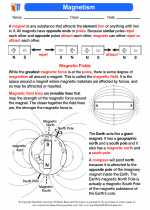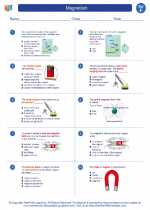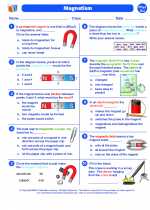Chemical Engineering
Chemical engineering is a branch of engineering that combines knowledge of chemistry, physics, biology, and mathematics to solve problems related to the production and use of chemicals, fuels, drugs, food, and many other products. Chemical engineers design processes and equipment for large-scale manufacturing, plan and test production methods, and supervise production. They are also involved in research and development of new products and processes.
Study Guide for Chemical Engineering
- Introduction to Chemical Engineering: Understand the basic concepts and principles of chemical engineering, including the role of chemical engineers in various industries.
- Chemical Process Design: Learn about the design and optimization of chemical processes, including material and energy balances, process flow diagrams, and process simulation.
- Chemical Reactor Engineering: Study the principles and design of chemical reactors, including reaction kinetics, reactor types, and catalysis.
- Transport Phenomena: Explore the principles of heat, mass, and momentum transfer in chemical engineering applications.
- Unit Operations: Understand the principles and applications of unit operations such as distillation, absorption, extraction, and filtration.
- Chemical Engineering Thermodynamics: Learn about thermodynamic principles and their applications in chemical processes, including phase equilibria and energy conversion.
- Process Control: Study the principles of process control, including control systems, instrumentation, and process optimization.
- Environmental and Safety Aspects: Explore the environmental and safety considerations in chemical engineering, including waste management, emissions control, and industrial safety protocols.
- Emerging Technologies: Stay updated on the latest developments in chemical engineering, including nanotechnology, biotechnology, and sustainable manufacturing processes.
◂Science Worksheets and Study Guides Sixth Grade. Magnetism
Study Guide Magnetism
Magnetism  Activity Lesson
Activity Lesson Magnetism
Magnetism  Worksheet/Answer key
Worksheet/Answer key Magnetism
Magnetism  Worksheet/Answer key
Worksheet/Answer key Magnetism
Magnetism  Worksheet/Answer key
Worksheet/Answer key Magnetism
Magnetism  Worksheet/Answer key
Worksheet/Answer key Magnetism
Magnetism  Vocabulary/Answer key
Vocabulary/Answer key Magnetism
Magnetism 

 Activity Lesson
Activity Lesson
 Worksheet/Answer key
Worksheet/Answer key
 Worksheet/Answer key
Worksheet/Answer key
 Worksheet/Answer key
Worksheet/Answer key
 Worksheet/Answer key
Worksheet/Answer key
 Vocabulary/Answer key
Vocabulary/Answer key

The resources above cover the following skills:
EARTH AND SPACE SCIENCE
Earth’s Systems
Develop and use models of Earth’s interior composition to illustrate the resulting magnetic field (e.g., magnetic poles) and to explain its measureable effects (e.g., protection from cosmic radiation).